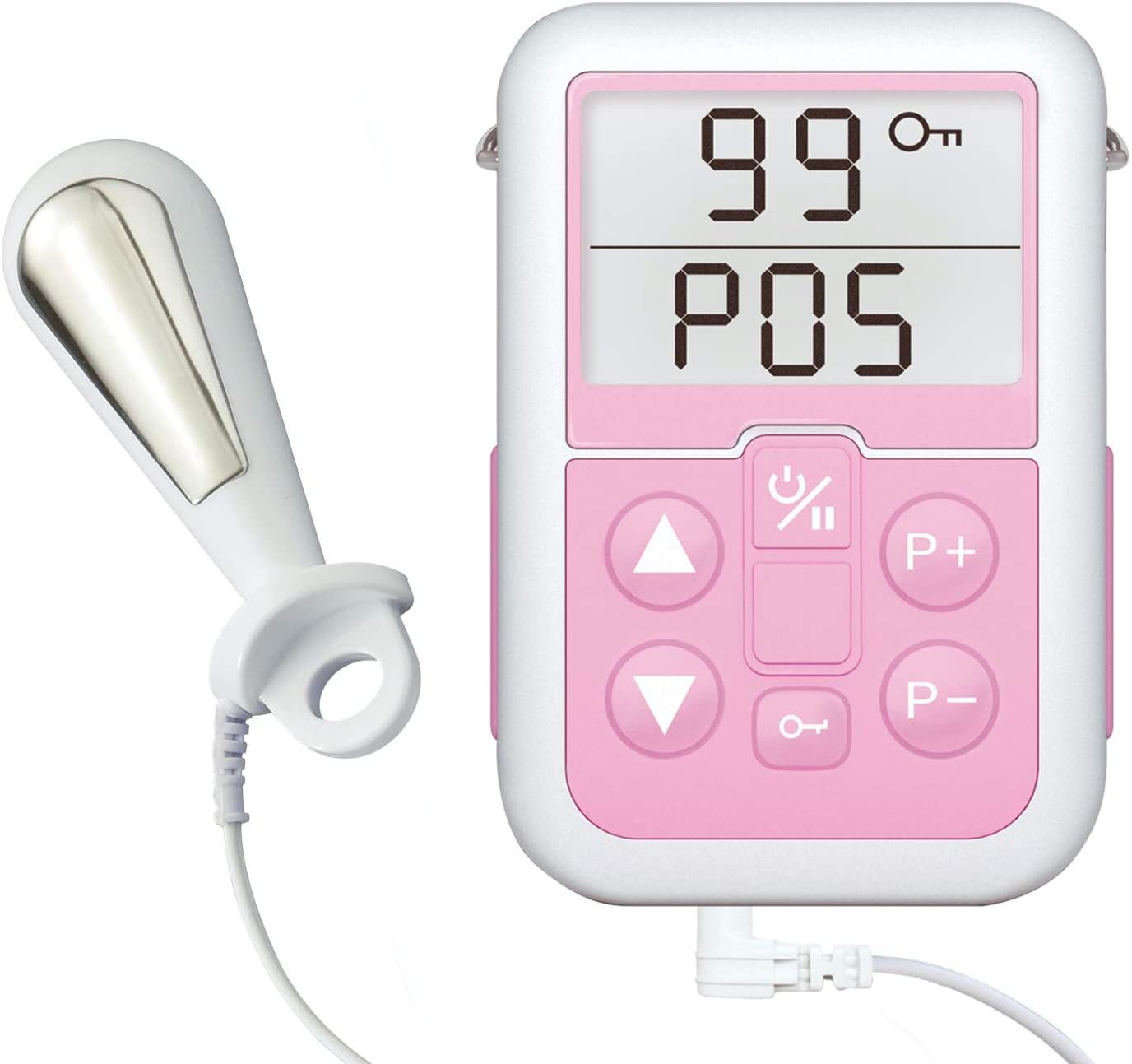How a device can internally help your pelvic muscles.

Stress urinary incontinence (SUI) is a type of urinary incontinence that occurs when there is a sudden increase in abdominal pressure, such as during coughing, sneezing, laughing, or physical activity. It is a common condition that affects women of all ages, and it can have a significant impact on quality of life.
The pelvic floor muscles play a crucial role in maintaining continence, and weakness or dysfunction of these muscles can lead to urinary incontinence. Pelvic floor muscle exercises, also known as Kegels, are a first-line treatment for SUI. However, for some women, pelvic floor muscle exercises may not be effective, or they may find it difficult to perform the exercises correctly.
Electric stimulation, also known as neuromuscular electrical stimulation (NMES), is a non-invasive therapy that can be used to strengthen the pelvic floor muscles in cases of SUI. The therapy uses electrical impulses to stimulate the pelvic floor muscles, causing them to contract and relax, and improving muscle tone and strength.
During electric stimulation therapy, a small device is placed inside the vagina or rectum, and it delivers electrical impulses to the pelvic floor muscles. The therapy is painless, and patients may feel a mild tingling sensation or a contraction in the pelvic area. The therapy typically involves several sessions over a period of weeks, and each session lasts for around 20-30 minutes.
Studies have shown that electric stimulation can be an effective treatment for SUI. One randomized controlled trial found that women who received electric stimulation therapy had a significant reduction in urinary leakage compared to those who received a placebo treatment. Another study found that electric stimulation was more effective than pelvic floor muscle exercises alone in improving symptoms of SUI.
However, it is important to note that electric stimulation may not be suitable for everyone. It is not recommended for pregnant women, women with a history of pelvic surgery, or those with certain medical conditions such as epilepsy or pacemaker implants. It is important to consult with a healthcare provider who can evaluate the individual's condition and determine if electric stimulation is a suitable treatment option.
In conclusion, electric stimulation can be an effective treatment for stress urinary incontinence. It works by stimulating the pelvic floor muscles and improving muscle tone and strength. While it may not be suitable for everyone, it is a non-invasive and painless therapy that can provide significant symptom relief for women with SUI. It is recommended to consult with a healthcare provider to determine the best course of treatment for urinary incontinence.


